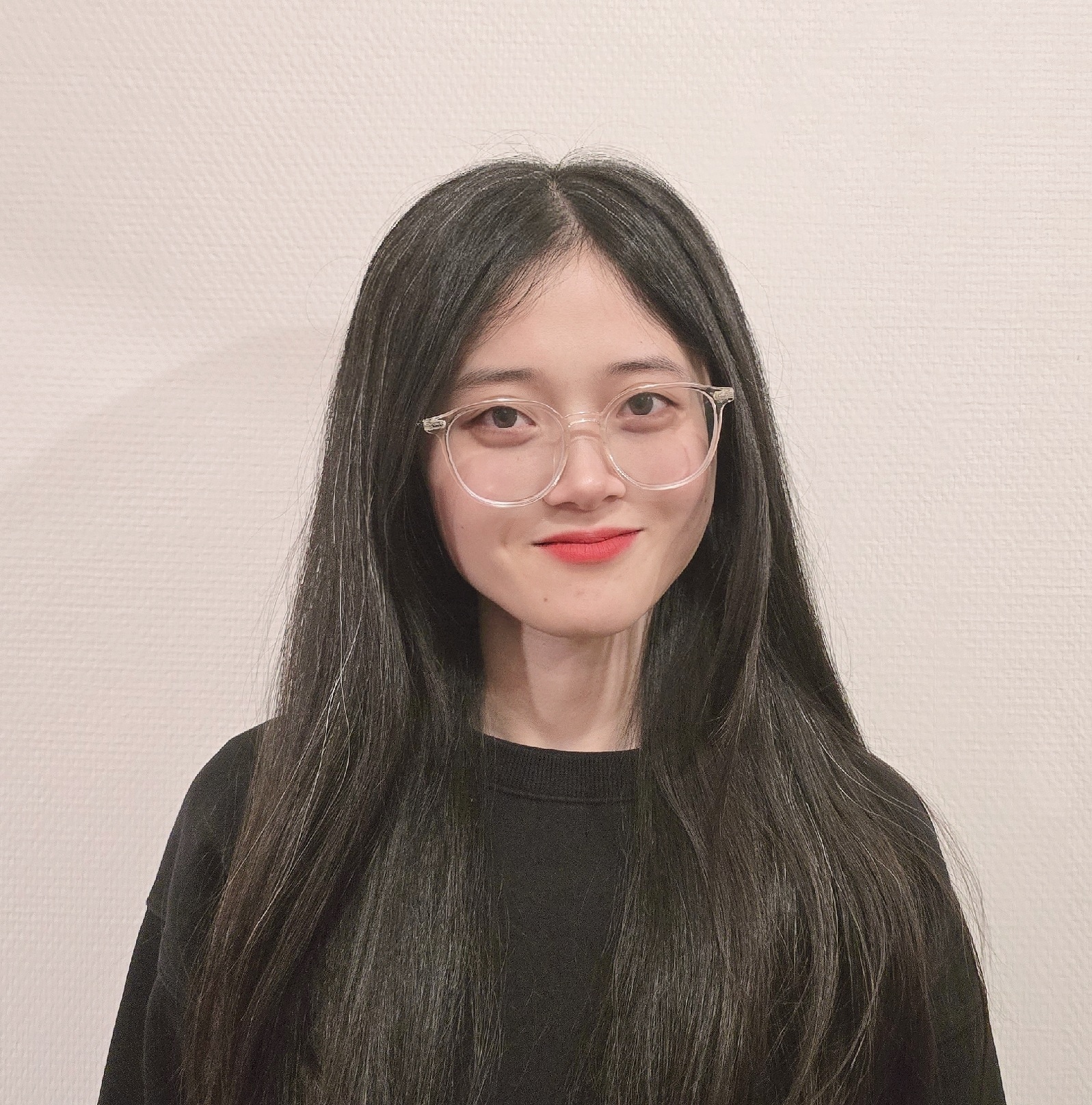-
Host organisation: Amsterdam UMC, Netherlands
-
Supervisors: Prof. Jacqueline Cloos and Dr. Costa Bachas
-
Research project: DC1 - Optimizing treatment decisions by using MRD data combined with artificial intelligence
About me
"My research combines artificial intelligence with measurable residual disease data to refine treatment strategies and support precision medicine in leukemia care"

My name is Mai Huong Pham, and I am from Vietnam. I studied Bioinformatics at the University of Paris-Saclay, France. My academic journey has been shaped by a deep curiosity about how biological complexity can be understood through data. Over time, this interest evolved into a passion for computational biology and the development of analytical tools that help translate biomedical data into knowledge that supports diagnosis and treatment decisions.
My scientific background lies at the intersection of bioinformatics, statistics, and data science. I have worked extensively with high-dimensional biological data, applying computational approaches to explore molecular signatures and disease mechanisms. This experience has given me a strong appreciation for the power of interdisciplinary research, where biology, mathematics, and computer science come together to address clinical questions.
Within the MIRACLE Doctoral Network, I am joining Amsterdam UMC as a PhD candidate under the supervision of Prof. Jacqueline Cloos and Dr. Costa Bachas. My research focuses on predicting minimal residual disease dynamics and relapse in acute leukemias by combining multiparameter flow cytometry data with bioinformatics and artificial intelligence. The goal is to develop models that improve our understanding of treatment response and guide more personalized therapies for patients.
Through the MIRACLE network, I look forward to deepening my expertise in computational hematology while working closely with clinicians and researchers from diverse fields. I see this project as part of a broader vision: making precision medicine more accessible and predictive models more trustworthy in real-world healthcare. Being part of an international network that combines academic excellence with clinical relevance is both an inspiring and rewarding opportunity. I am excited to contribute to this shared effort to improve leukemia care through research, data, and collaboration.